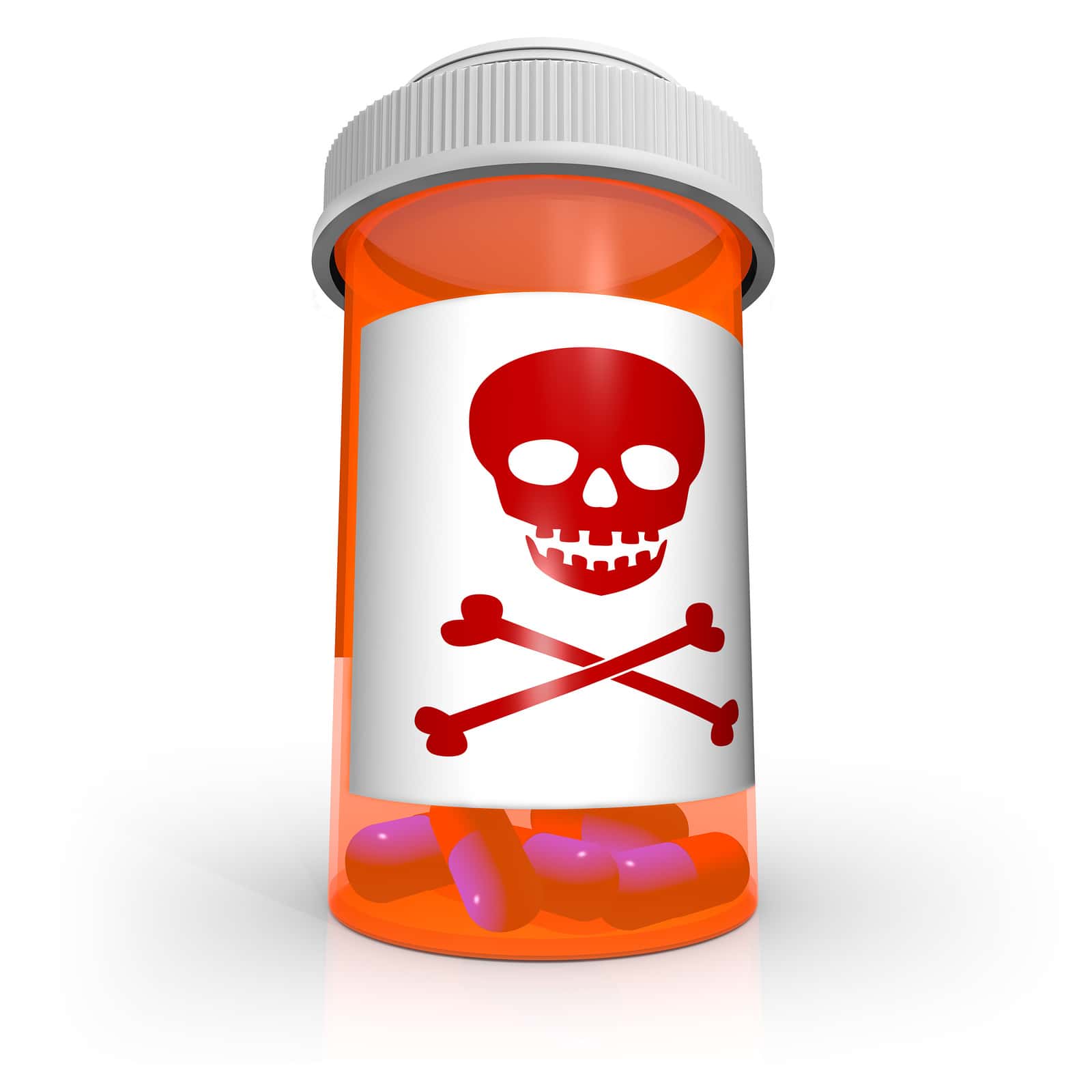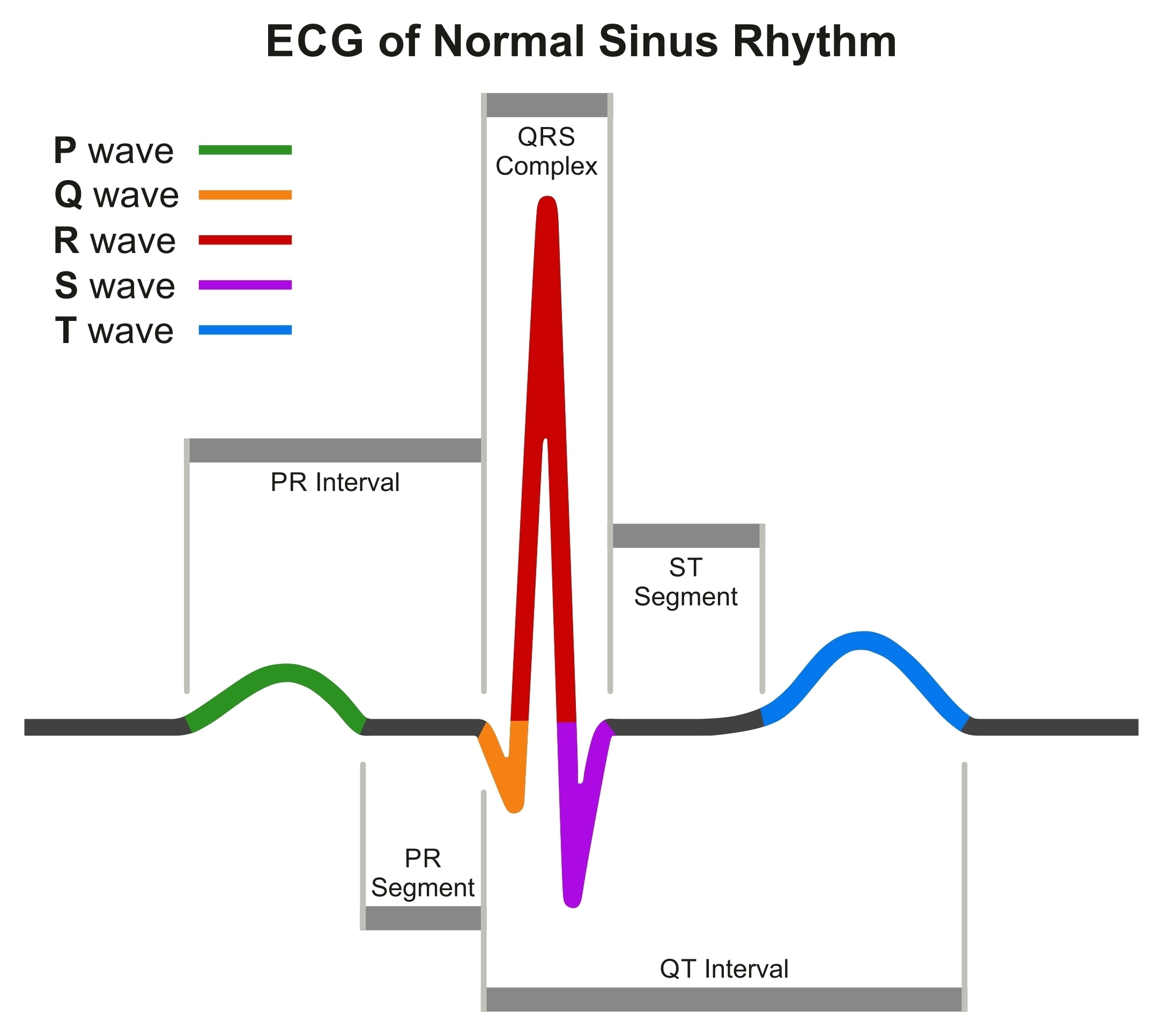
Hydroxychloroquine, an old drug that is used to treat malaria, rheumatoid arthritis and lupus, continues to stir huge controversy. Many doctors and hospitals are prescribing this medication for patients with COVID-19, even though solid scientific evidence of its effectiveness is lacking. Do they or their patients know who should not get this medicine because of a danger of sudden death from hydroxychloroquine?
Widespread Prescribing of Hydroxychloroquine:
The FDA issued an emergency use authorization (EUA) for both hydroxychloroquine (HCQ) and chloroquine (CQ). They can be donated to the Strategic National Stockpile and the FDA now permits physicians to prescribe these drugs for treating the coronavirus “as appropriate.”
Of course, physicians have always been able to prescribe any drug off-label whenever they deem it “appropriate.” The FDA has no authority over how doctors practice medicine. You can read more about the FDA’s controversial EUA decision at this link.
The CDC Does Another Flip-Flop!
The CDC posted HCQ dosing information on its website. Some might have interpreted that as giving the drug a subtle vote of confidence. However, the organization removed this guidance after doctors challenged the putative benefits of HCQ as anecdotal.
Instead, the CDC now notes that hydroxychloroquine and its chemical cousin chloroquine are under investigation for treating COVID-19 and that there are no drugs or other therapeutics approved by the FDA to prevent or treat COVID-19.
What’s the Danger of Sudden Death from Hydroxychloroquine?
Many health professionals are concerned about the widespread prescribing of hydroxychloroquine in the absence of appropriate testing. There have been warnings about sudden cardiac death as a potential side effect.
This could occur in people who have a genetic predisposition to an unusual heartbeat called long QT interval. What the heck is the QT interval and how would you know if you have it?
A Crash Course on the ECG:
To appreciate the risk of sudden death from hydroxychloroquine, you need to understand something about the electrical activity of your heart. No doubt you have seen a computer monitor continuously measuring the electrocardiogram (ECG). Doctor shows on TV love to show the ECG monitor in the background. Quite possibly you have had an ECG yourself.
An ECG machine measures the electrical activity of your heart. There are five distinct waves to a normal heart beat: P, Q, R, S and T.
The distance between the Q wave and the T wave is really important. Strap in, this gets a wee bit complicated. The QRS complex starts with a tiny blip down on the ECG. That is followed immediately by a big upward R “spike” followed by another tiny blip down, the S wave.

ECG of Normal Sinus Rhythm infographic diagram showing normal heart beat wave including intervals segments and complex for medical science education and health care
The QRS complex on the ECG represents the contraction of the big ventricles of the heart pushing blood out to your lungs and aorta and the rest of your body. That process begins at the top of the R wave spike. The smaller T wave that follows represents what is called the repolarization of the ventricles. This is when the muscle relaxes and blood flows into the atria in preparation for another heartbeat.
Here’s the important part. The QT interval starts at the time the ventricles are first stimulated to begin contracting and pumping blood. It continues until the time the ventricles recover. That time is roughly 400 to 440 milliseconds (0.4 to 0.44 seconds). When that time is increased to greater than 450 milliseconds in men or 470 milliseconds in women, it is considered a long QT interval.
So What’s the Big Deal?
When the QT interval is prolonged (Long QT Syndrome or LQTS), people have an increased risk for irregular heart rhythms. These arrhythmias can, in extreme cases, lead to sudden cardiac death.
LQTS can be caused by genes. If mom or dad has a long QT interval, it is possible that you do too. The only way to know for sure is to get a genetic test and have an experienced cardiologist measure your QT interval on an electrocardiogram.
Drugs Can Prolong the QT Interval | Beware Sudden Death from Hydroxychloroquine!
There is one other crucial factor at play. People who have this heart rhythm anomaly are at increased risk for irregular heart rhythms if they take certain medications. There are dozens of drugs that can prolong the QT interval. Here is a link to a list of drugs that do just that.
Hydroxychloroquine and azithromycin are on that list. People who have LQTS must avoid drugs that would make the QT interval even longer. Azithromycin is currently being prescribed in conjunction with hydroxychloroquine to treat COVID-19.
How to Prevent Sudden Death from Hydroxychloroquine:
Just as with HCQ, we don’t have evidence that azithromycin is effective for the coronavirus infection. But we do know that it can increase the risk for heart rhythm changes and sudden death.
French researchers recently reported on 80 patients with COVID-19 who received this two-drug cocktail. You can read about the results of the trial at this link.
The investigators were careful to perform ECG screening tests on all their patients before administering HCQ and azithromycin. They were trying to prevent sudden death from hydroxychloroquine.
We suspect that most U.S. physicians are not being so careful. They should be, even if they are in a hurry. Yes, COVID-19 is an emergency. But if susceptible patients are given HCQ, they risk sudden death from hydroxychloroquine.
One More Thing!
Another genetic condition that can make hydroxychloroquine dangerous is called glucose-6-phosphate dehydrogenase deficiency or G6PD deficiency for short. It is found in men from Africa, the Mediterranean and some parts of Asia.
When this enzyme does not function properly, exposure to a drug like hydroxychloroquine could cause hemolytic anemia. People with G6PD must avoid both chloroquine and hydroxychloroquine or risk a potentially life-threatening complication.
The People’s Pharmacy Perspective:
It is possible that hydroxychloroquine will turn out to be a valuable drug in the treatment of COVID-19. It is also possible that it will flame out.
Whatever the outcome of the upcoming clinical trials, we must first do no harm. That means making sure patients who are candidates for this medicine be tested for both LQTS and G6PD. We must never put them at risk for sudden death from hydroxychloroquine. If you would like to learn more about other side effects of chloroquine or hydroxychloroquine, here is a link.
The Inside Story of Chloroquine and Hydroxychloroquine for COVID-19
An old drug for malaria and rheumatoid arthritis could hold promise against the coronavirus. New data looks promising for hydroxychloroquine for COVID-19
What Do You Think?
We would like your feedback. Do you think the risk of sudden death from hydroxychloroquine for COVID-19 justifies its use? What if doctors tested people for long QT interval and G6PD deficiency when appropriate? We have a brief update on the latest rumors on the drug’s effectiveness against the coronavirus in another post. Share your thoughts in the comment section below.
If you have found this article of interest, please pass it along to friends, family, coworkers, neighbors and health professionals. You can do so easily by going to the upper left hand corner at the top of the article and clicking on one of the icons for Facebook, Twitter or email. This is the best way to support our work.

